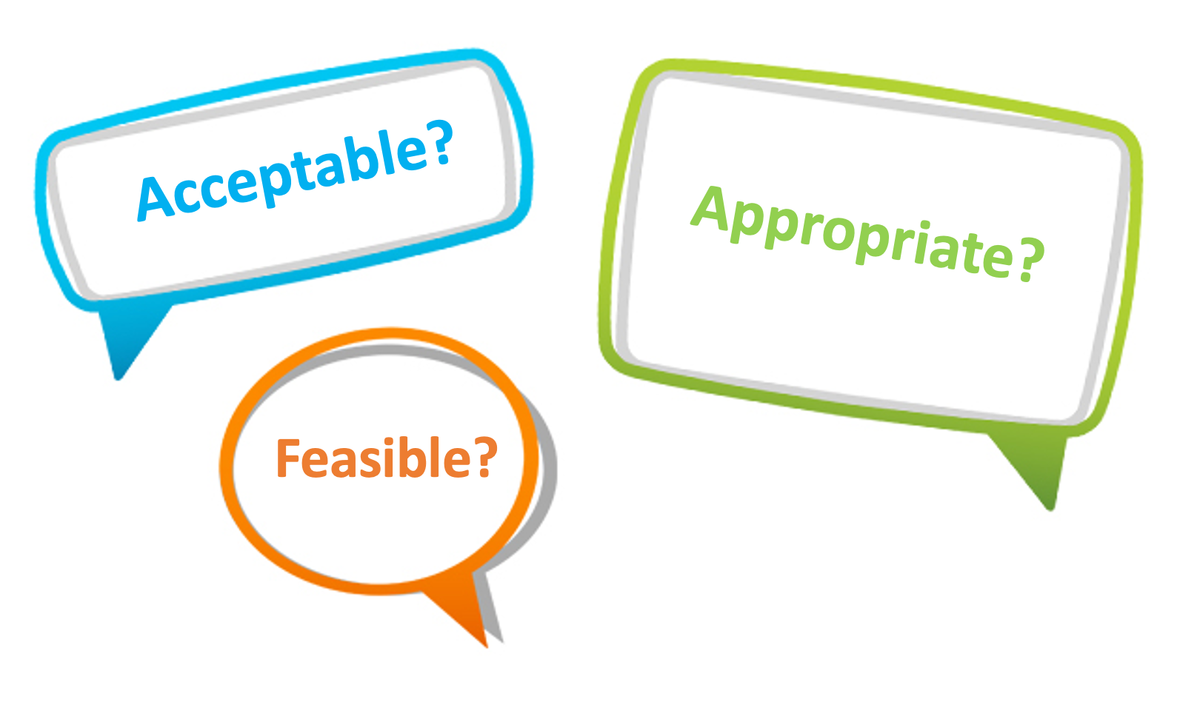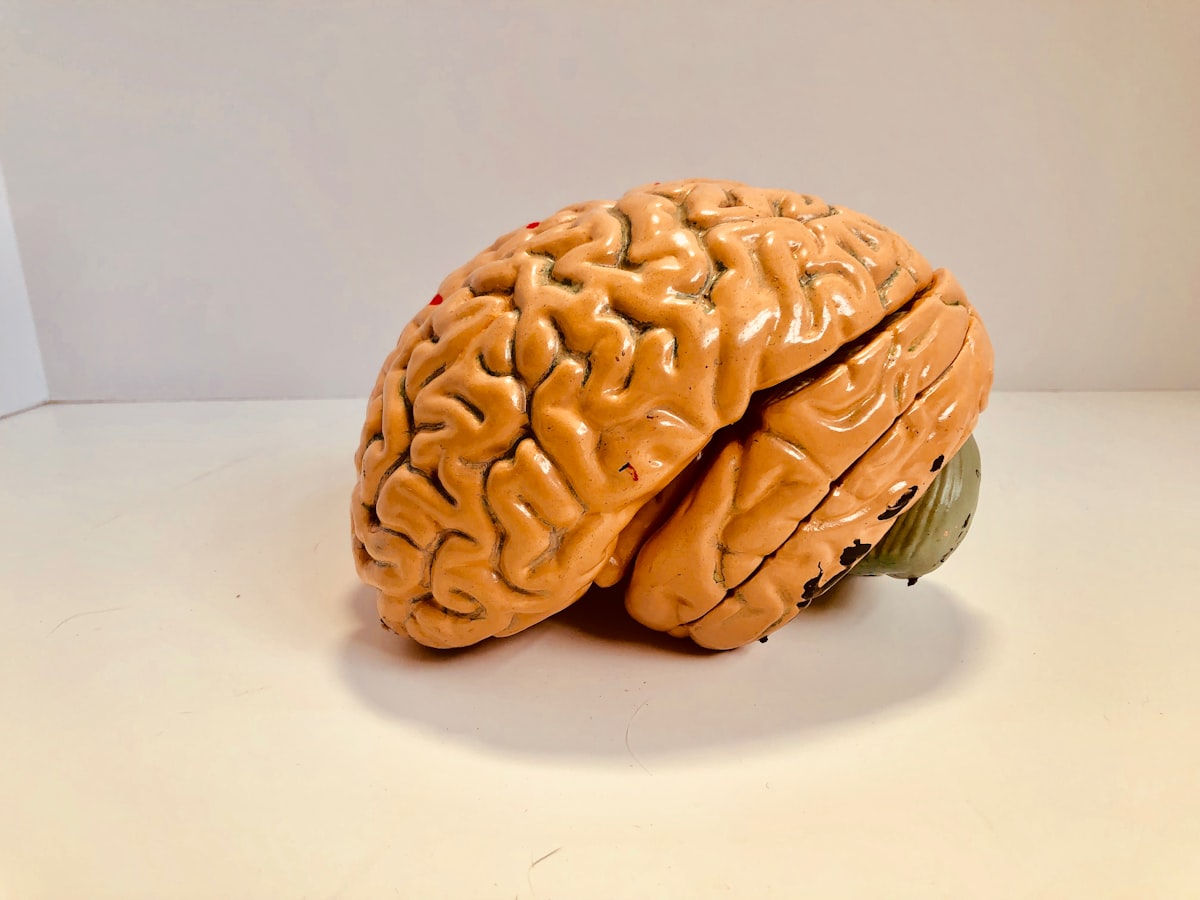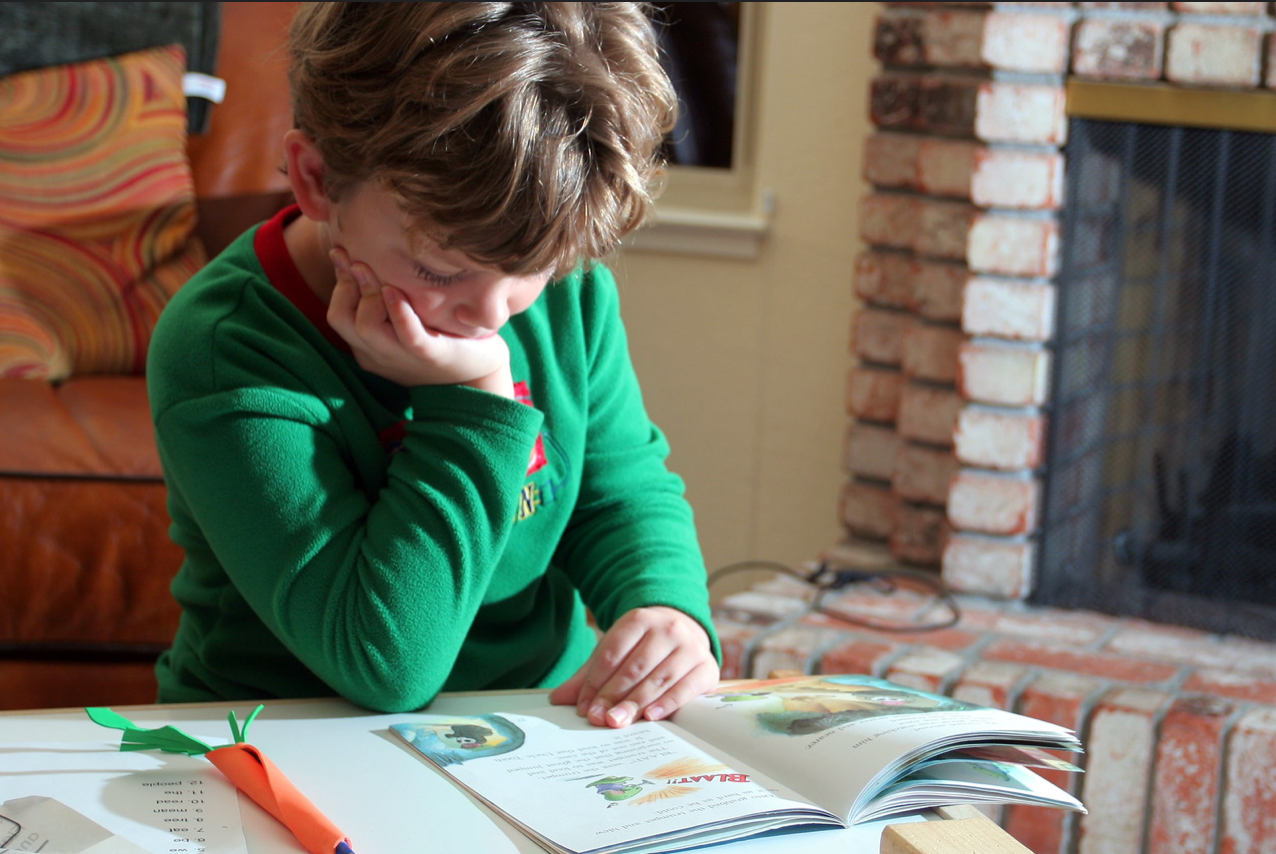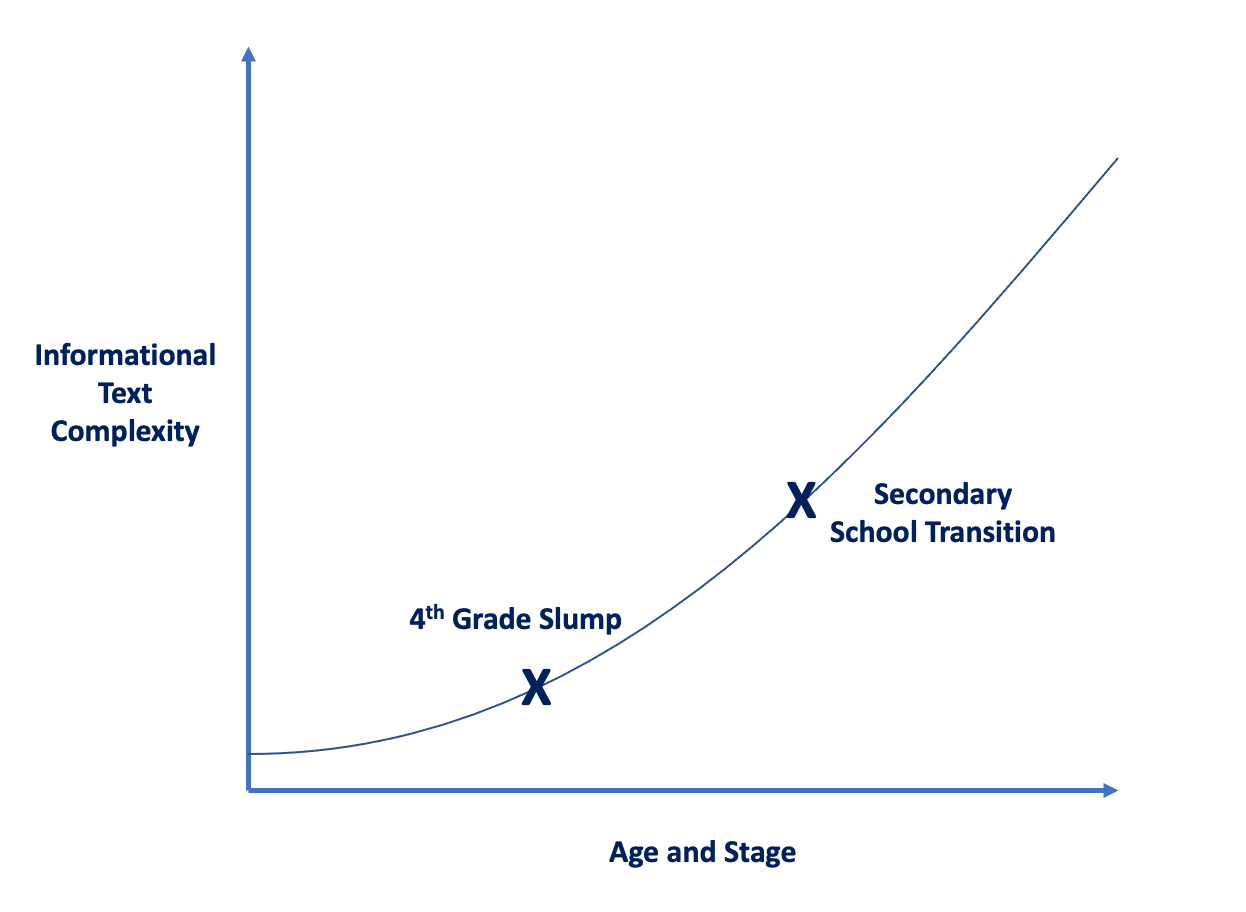
5 Micro-moves for Academic Talk
It is time to talk… about the importance of academic talk. Since the beginning of the year, I have worked with lots of school leaders, with discussions quickly turning to the impact and experience of the pandemic, then onto reflections about future plans. A regular refrain is the limiting experience













